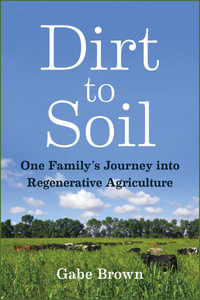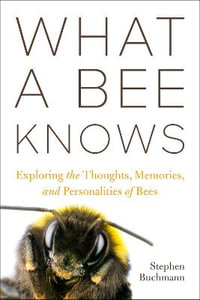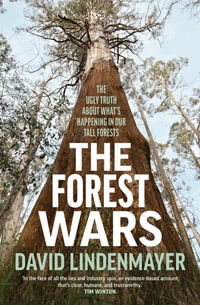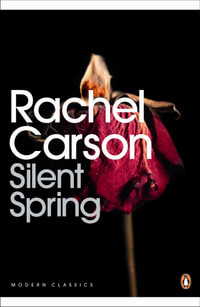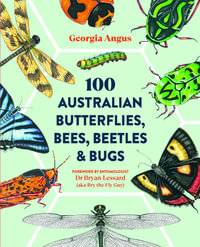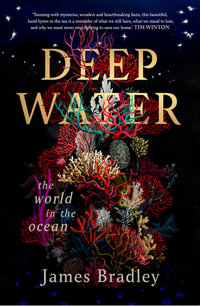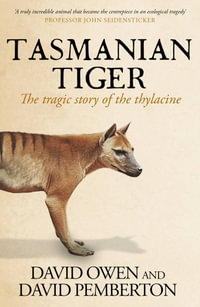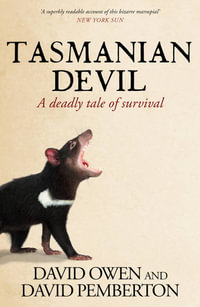In the bestselling tradition of Why We Sleep and The Sixth Extinction, an urgent and insightful look at the hidden impact of light pollution, and a passionate appeal to cherish natural darkness for the sake of the environment, our own wellbeing, and all life on earth.
How much light is too much light? Satellite pictures show our planet as a brightly glowing orb, and in our era of constant illumination, light pollution has become a major issue. The world's flora and fauna have evolved to operate in the natural cycle of day and night. But in the last 150 years, we have extended our day-and in doing so have forced out the inhabitants of the night and disrupted the circadian rhythms necessary to sustain all living things, including ourselves.
In this persuasive, well-researched book, Swedish conservationist Johan Eklof urges us to appreciate natural darkness, its creatures, and its unique benefits. Eklof ponders the beauties of the night sky, traces the errant paths of light-drunk moths and the swift dives of keen-eyed owls, and shows us the bioluminescent creatures of the deepest oceans. As a devoted friend of the night, he writes passionately about the startling damage we inflict on ourselves and our fellow creatures simply by keeping the lights on.
The Darkness Manifesto depicts the domino effect of diminishing darkness: insects, dumbfounded by streetlamps, failing to reproduce; birds blinded and bewildered by artificial lights; and bats starving as they wait in vain for food insects that only come out in the dark of night. For humans, light-induced sleep disturbances impact our hormones and weight, and can contribute to mental health problems like chronic stress and depression. The streetlamps, floodlights, and neon signs of cities are altering entire ecosystems, and scientists are only just beginning to understand the long-term effects. The light bulb-long the symbol of progress and development-needs to be turned off.
Educational, eye-opening, and ultimately encouraging, The Darkness Manifesto outlines simple steps that we can take to benefit ourselves and the planet. In order to ensure a bright future, we must embrace the darkness.

